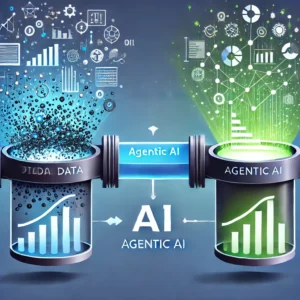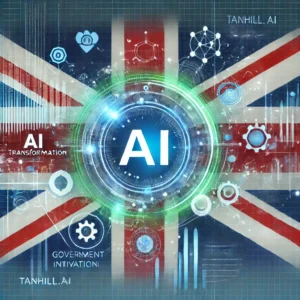Winners and losers – the gap is widening

The Widening Gap in the Age of AI and Technology
As technological advancements accelerate, we are witnessing a growing divide between the winners and losers in various sectors of society. Artificial intelligence (AI), automation, and digital transformation are reshaping industries, economies, and even daily life. However, this rapid change has also created disparities—those who adapt and thrive, and those who struggle to keep up. In this blog, we’ll explore how this gap is widening, who the winners and losers are, and what can be done to address the challenges.
Tech Innovators and Early Adopters
The tech industry continues to be the primary beneficiary of the digital revolution. Companies that develop and harness AI, machine learning, and automation tools are thriving, as they increase productivity and efficiency. Innovators in fields like fintech, healthcare, and logistics have disrupted traditional business models, gaining massive market shares and setting new industry standards.
The Ethics of AI: Responsibility and Fairness
A mature approach to AI also means considering its ethical implications. AI has the power to make decisions that can affect people’s lives—whether it’s through facial recognition technology, medical diagnoses, or automated hiring processes. But with this power comes the responsibility to ensure that AI systems are fair, transparent, and free from biases.
AI systems are only as good as the data they are trained on. If the data is biased or incomplete, the AI may make decisions that reinforce social inequalities. A responsible approach to AI development involves actively working to reduce biases, ensure diverse datasets, and implement safeguards to protect privacy and human rights.
Countries Embracing AI and Digital Transformation
Countries that have invested heavily in AI, digital infrastructure, and innovation ecosystems are emerging as winners on the global stage. The U.S., China, and parts of Europe are leading the race in AI research, development, and deployment. These nations are poised to dominate industries of the future, such as autonomous vehicles, biotechnology, and clean energy, thanks to their technological edge.
Governments, educational institutions, and businesses all have roles to play in fostering a workforce that can adapt to the changing landscape. This includes not only technical skills but also fostering creativity, emotional intelligence, and problem-solving—areas where humans will always have an edge over machines.
Pathways to Inclusive Growth
To prevent the divide between winners and losers from growing further, targeted action is needed at both the policy and societal levels. Governments, businesses, and educational institutions must collaborate to ensure that the benefits of AI and technology are shared more equitably. This could include:
Reskilling and Upskilling: Programs that provide workers with the skills needed to thrive in the digital economy are essential. Initiatives like apprenticeships, coding boot camps, and lifelong learning opportunities can help displaced workers transition into new roles.
Governments and regulatory bodies need to work alongside tech companies and researchers to create ethical frameworks that guide AI development. These frameworks should focus on transparency, accountability, and ensuring that AI is used to benefit humanity as a whole.
Conclusion: Navigating the Future with Equity in Mind
The winners and losers of the AI revolution are becoming clearer, and the gap between them is widening. However, by adopting inclusive policies, fostering innovation, and investing in education and infrastructure, we can ensure that the benefits of AI are shared more equitably. The future doesn’t have to be one of deepening inequality—it can be one where technology drives progress for all.
Table of contents
Winners and losers – the gap is widening
Tech Innovators and Early Adopters
The Ethics of AI: Responsibility and Fairness
AI and Jobs: Preparation, Not Panic



